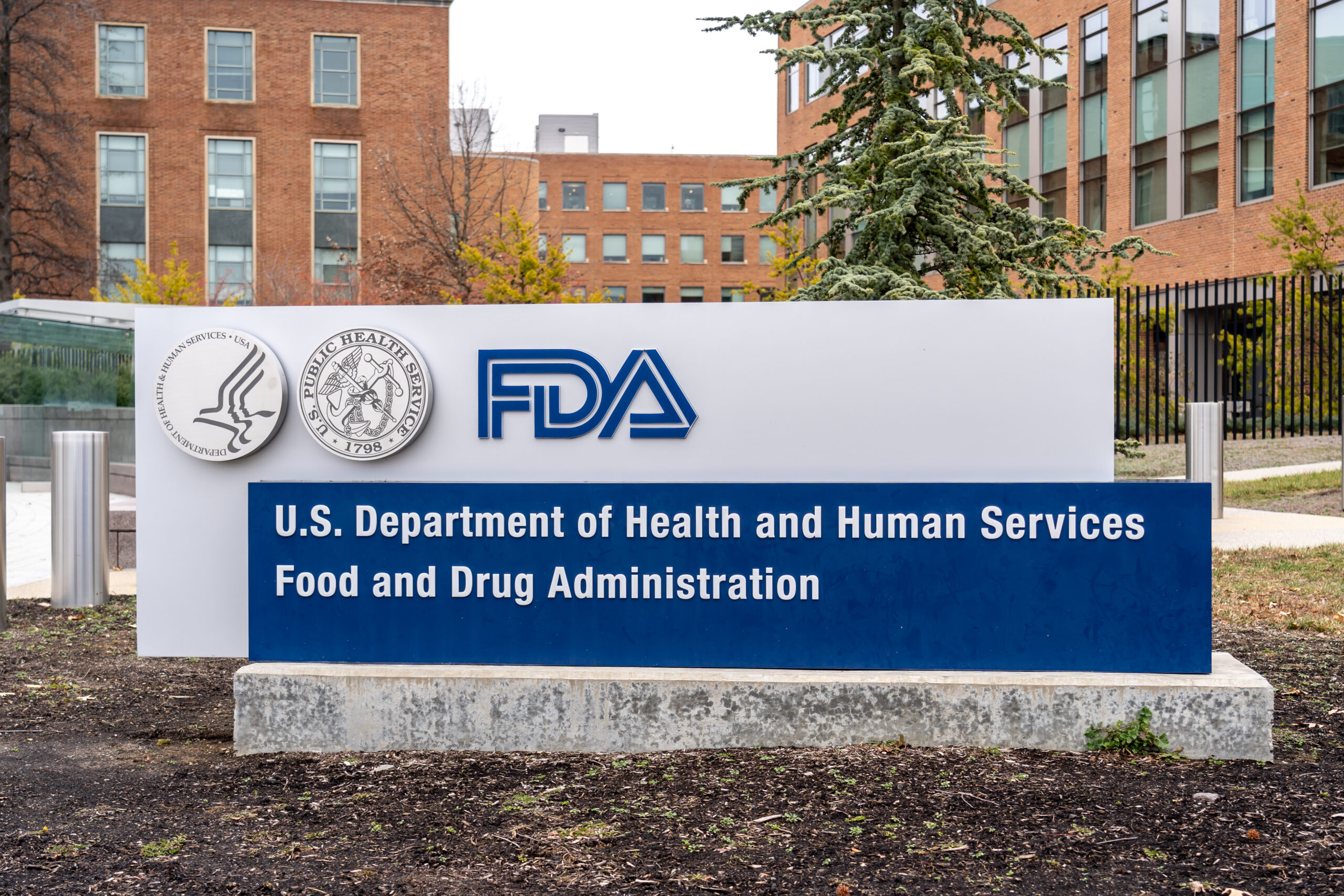The FDA’s new “Operation Stork Speed” is demanding radical transparency from infant formula makers—a move that should have parents asking why it took years of government bungling and corporate silence for common sense to finally break through.
At a Glance
- FDA launches Operation Stork Speed to overhaul infant formula recall communication and demand industry transparency
- Push for a centralized recall webpage after years of supply chain disasters and government oversight failures
- Industry reluctantly faces tougher standards, but critics say regulatory half-measures remain
- Parents left to wonder why bureaucrats needed a crisis before acting to protect children
FDA Attempts to Patch Years of Failure with Operation Stork Speed
The United States Food and Drug Administration—after years of embarrassing missteps and public outrage over contaminated baby food—finally decided to launch Operation Stork Speed in July 2025. This move comes on the heels of the infamous 2022 Abbott Nutrition disaster, where a Michigan plant shutdown resulted in a nationwide formula shortage and exposed just how fragile and poorly managed our food safety system really is. The agency now insists on “radical transparency” when it comes to infant formula recalls, pushing manufacturers to share recall information quickly and clearly. A new centralized webpage on FDA.gov has been promised, aiming to provide families with a straightforward way to check if their children’s food is safe. The obvious question: Why did it take a formula crisis and a tidal wave of angry parents for the FDA to do the job taxpayers fund them to do?
If there’s one food that must be safe beyond any doubt, it’s infant formula. That’s why we launched Operation Stork Speed—to make American infant formula the gold standard for the world. pic.twitter.com/I3qP9usDrn
— Secretary Kennedy (@SecKennedy) June 9, 2025
For years, parents have been forced to play detective—hunting down recall notices scattered across the internet or buried in corporate press releases. Meanwhile, bureaucrats issued guidance and talking points, but little changed on the ground. If it wasn’t for the public outcry and the visible suffering of American families, would the FDA have ever gotten the memo? One can’t help but notice how government “solutions” always seem to follow disaster, not prevent it.
Watch a report: FDA launches ‘Operation Stork Speed’
Industry Dragged to the Table, Critics Say Guidance Still Falls Short
Under new leadership, FDA Commissioner Marty Makary and Deputy Commissioner Kyle Diamantas have put their weight behind the transparency campaign, pressing infant formula makers to respond faster and with more honesty when a recall is triggered. Companies like Abbott Nutrition are finally being forced to face the music, albeit reluctantly. The agency has even begun soliciting public comments on infant nutrient requirements and approved new ingredients, signaling a possible shift toward more modern standards. Yet for all this apparent action, critics argue the FDA’s finalized guidance on lead levels in baby food—unveiled in January—still doesn’t go far enough. Parents are justified in asking: Why do so many government safety thresholds seem designed to protect manufacturers rather than children?
Short-Term Fixes, Long-Term Uncertainty, and the Real Cost of Government Inertia
The immediate impact of Operation Stork Speed is clear: recall information will be easier to access, and parents will have a fighting chance to keep their children safe. In the long run, the FDA’s push could lead to tougher industry standards and fewer contamination incidents, but that all hinges on the agency’s ability (and willingness) to enforce its own rules. For manufacturers, the new transparency mandate may mean increased costs, but it could also help avoid the catastrophic economic fallout of another mass recall. The broader food industry is watching closely—knowing that if the government can finally get its act together here, more scrutiny and regulation could easily spread elsewhere.
But the bigger issue is how the entire debacle demonstrates the perils of government inertia. If the FDA had demanded real transparency and accountability from the start, would American families have suffered through months of empty shelves and dangerous uncertainty? Instead, the system failed, bureaucracy triumphed, and the American people—once again—picked up the pieces. As we see time and again, when the government gets too cozy with industry and loses sight of its fundamental responsibility to protect citizens, it’s the families who pay the price.








